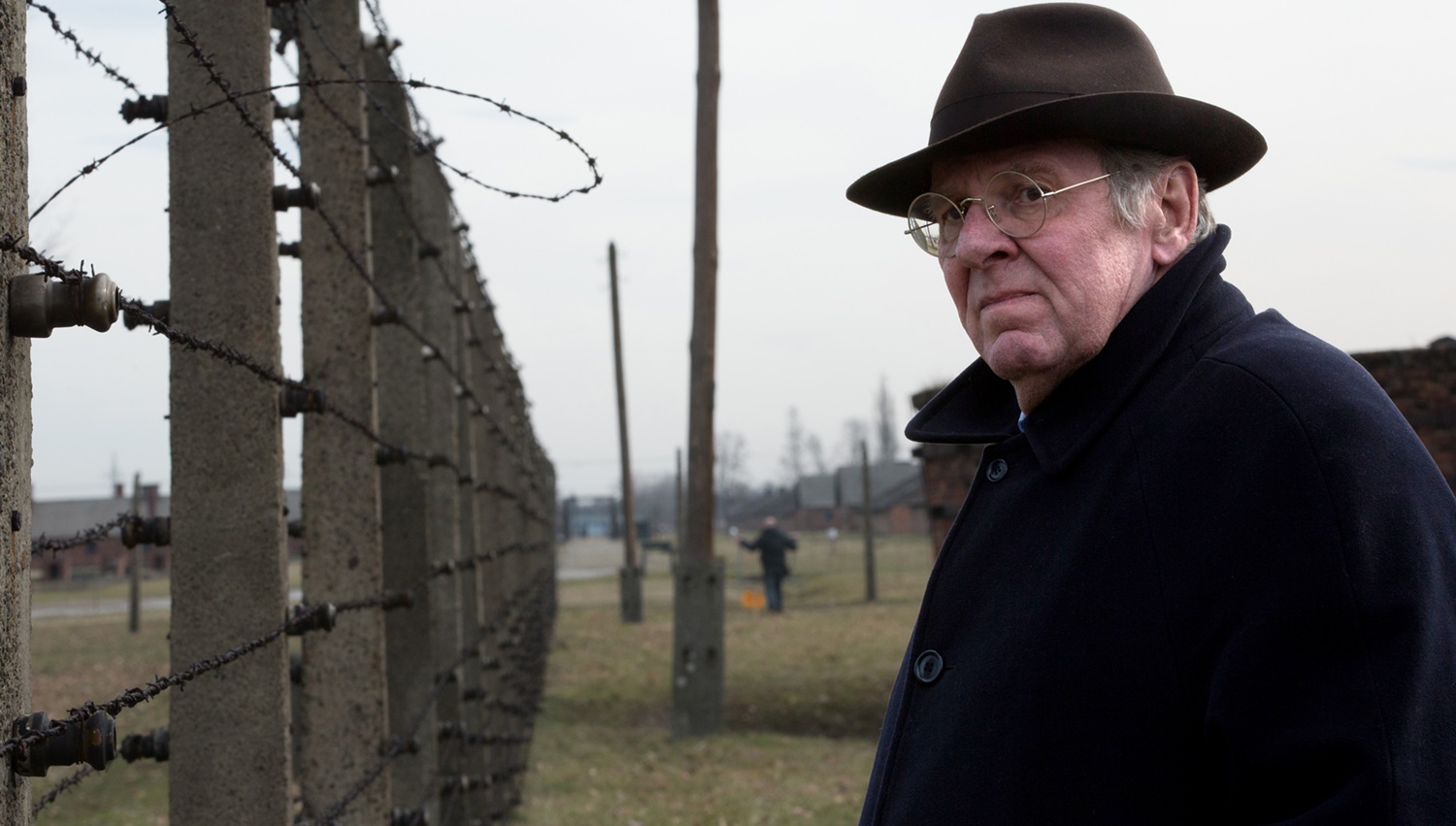
Denial
Dustin Chase
Credit must be paid to Oscar winner Rachel Weisz (The Lobster, The Light Between Oceans, Complete Unknown) who debuts her fourth feature in 2016. More impressively it’s the second in which she is the solo lead. The rarity in which an actress has not one, but two leading roles in the same year is a remarkable feat. Furthermore, Weisz is not a box office draw, yet continues to land roles that increase her visibility as a one of the most prominent hard working women in film. Denial is based on a true story that’s as fascinating as it is bizarre. Mick Jackson’s direction here is a bit stale and borders the realm of television drama, but the cast including Oscar nominated Wilkinson (In the Bedroom) and Spall (Mr. Turner) elevate it higher.
During a Q&A for her book “Denying the Holocaust”, Deborah Lipstadt (Weisz) is verbally taunted and shamed by self-described Hitler historian and holocaust denier David Irving (Spall). Irving, a controversial figure in the UK records the interchange and files suit against Lipstadt and her publisher for trying to discredit his work and livelihood. “I can’t settle,” Lipstadt says. “He is lying and someone has to say so”. What she doesn’t realize that in England the burden of proof is on the accused, guilty until proven innocent. Anthony Julius (Scott) who handled Princess Diana’s divorce and the country’s best litigator Richard Rampton (Wilkinson) take the case but need Lipstadt to stay away from press and Irving in order to get the result she wants.
Wilkinson reminds us why he is so revered as an actor, best performance in years.
As court drama’s go, Denial is engaging mainly because of the unique subject matter. Screenwriter David Hare (The Hours, The Reader) simplifies the UK court system for those unfamiliar. The volume on Lipstadt’s obnoxious American personality is turned way up. Whether Weisz version of Lipstadt’s personality is altered for the film version or not, it does diminish her likability which sort of levels the playing field. “This isn’t about memorializing,” Rampton explains when they visit Auschwitz. “It’s about forensics”. In the third act Wilkinson reminds us why he is so revered as an actor. His best performance in years. Spall rounding out the trifecta of perfect casting delivers a perfectly infuriating supporting performance as the despicable antagonist.
Denial chooses to focus on the story and the proceedings more than it does Lipstadt which effects the emotion we feel for her. Lawyers tell her to be quiet, withdraw from the publicity of the case, but then the film fails to explore Lipstadt as anything but a defendant. When the film concludes, we still know nothing about this woman beyond her professional life as it refers to the case. Weisz uses every moment available in small meetings, near courtroom outbursts, and the final statement to give life to her character, but it isn’t enough. Haris Zambarloukos (Cinderella, Eye of the Beholder) cinematography work outside the courtroom, Poland and even London exteriors, capture a haunting and somber mood adding emotion to the procedural story. Denial’s biggest disappointment comes with the anticlimactic ending. Here is a film that chooses to stick with the exact words spoken during the trail and to its own detriment and doesn’t infuse enough “storytelling” with fact to energize the viewer.
Final Thought
Fascinating court drama that could have used a greater emotional heartbeat with its characters.
